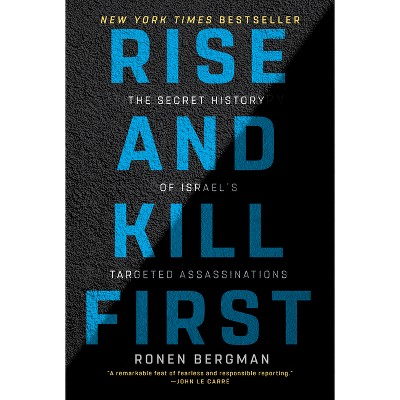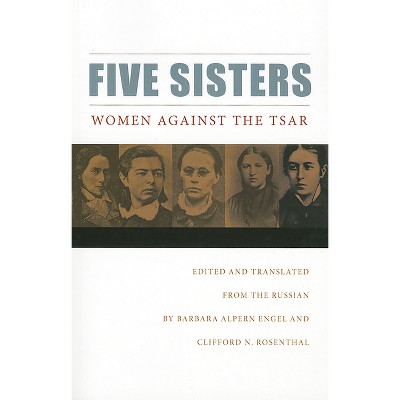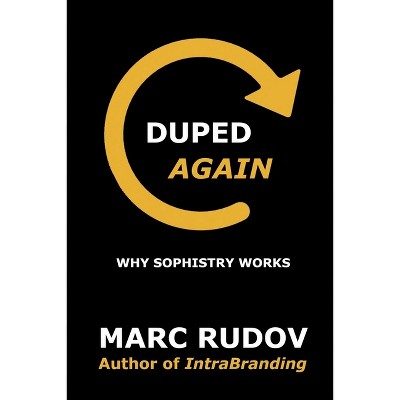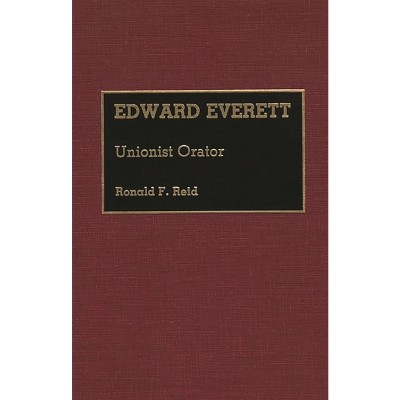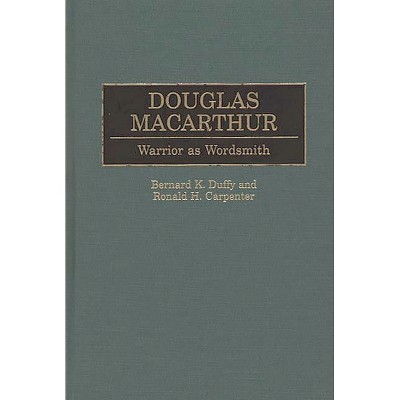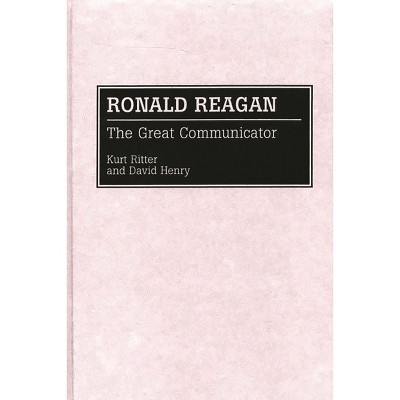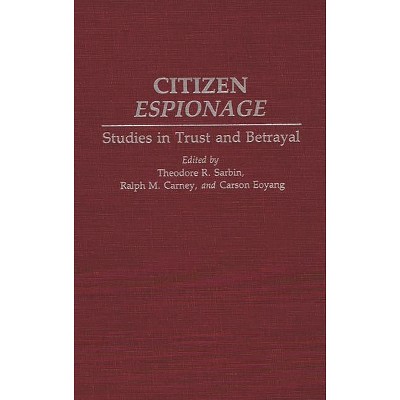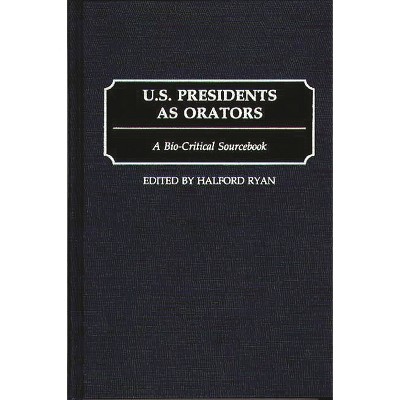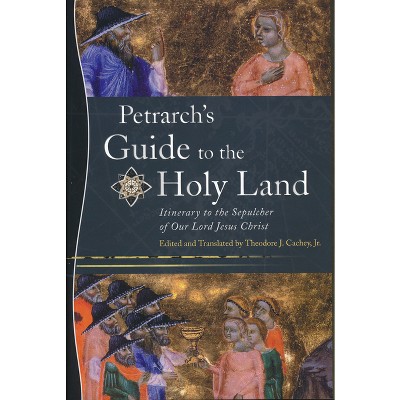Sponsored

Theodore Parker - (Great American Orators) by David B Chesebrough (Hardcover)
In Stock
Sponsored
About this item
Highlights
- Theodore Parker, a great orator of the mid-19th century, was a Unitarian clergyman who directed much of his oratory towards ecclesiastical and social reform.
- About the Author: DAVID B. CHESEBROUGH is a member of the graduate faculty in the department of history at Illinois State University.
- 168 Pages
- Biography + Autobiography, General
- Series Name: Great American Orators
Description
About the Book
Theodore Parker, a great orator of the mid-19th century, was a Unitarian clergyman who directed much of his oratory towards ecclesiastical and social reform. Parker challenged slavery and other social ills. As a volume in the Great American Orators series, the focus is on Parker's oratory and its effect on theology and the social structures of the mid-19th century. Biographical information pertains to those aspects of Parker's life that influenced and shaped his elocution and ideas. Parker's rhetoric and rhetorical techniques are examined. Three of Parker's important speeches are included, each with an introduction that places it in its proper context.
This study will appeal to students of rhetoric, theology, and mid-nineteenth-century American religious history. The book is divided into two sections. The first concentrates on Parker's life, his role as an abolitionist, social reformer, and public order. Part Two scrutinizes three of Parker's most famous discourses. The author establishes Parker's place among mid-19th-century preachers.
Book Synopsis
Theodore Parker, a great orator of the mid-19th century, was a Unitarian clergyman who directed much of his oratory towards ecclesiastical and social reform. Parker challenged slavery and other social ills. As a volume in the Great American Orators series, the focus is on Parker's oratory and its effect on theology and the social structures of the mid-19th century. Biographical information pertains to those aspects of Parker's life that influenced and shaped his elocution and ideas. Parker's rhetoric and rhetorical techniques are examined. Three of Parker's important speeches are included, each with an introduction that places it in its proper context.
This study will appeal to students of rhetoric, theology, and mid-nineteenth-century American religious history. The book is divided into two sections. The first concentrates on Parker's life, his role as an abolitionist, social reformer, and public order. Part Two scrutinizes three of Parker's most famous discourses. The author establishes Parker's place among mid-19th-century preachers.Review Quotes
?[P]resents a persuasive case that Parker ranks as an important figure with such larger-than-life contemporaries as Emerson, Beecher, Abraham Lincoln...?-Church History
"ÝP¨resents a persuasive case that Parker ranks as an important figure with such larger-than-life contemporaries as Emerson, Beecher, Abraham Lincoln..."-Church History
"[P]resents a persuasive case that Parker ranks as an important figure with such larger-than-life contemporaries as Emerson, Beecher, Abraham Lincoln..."-Church History
About the Author
DAVID B. CHESEBROUGH is a member of the graduate faculty in the department of history at Illinois State University. He has published God Ordained this War (1991), No Sorrow Like Our Sorrow (1994), Clergy Dissent in the Old South (1996), and most recently Frederick Douglass: Oratory from Slavery (Greenwood, 1998).Shipping details
Return details
Frequently bought together

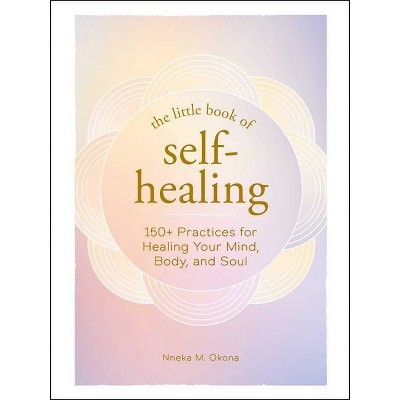
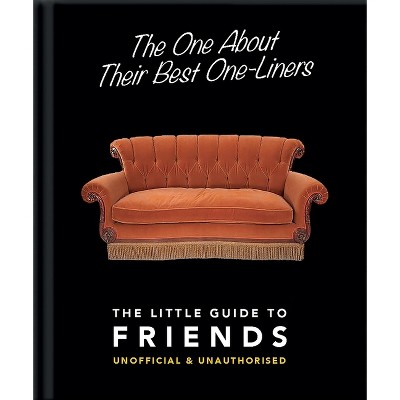
Trending Non-Fiction






